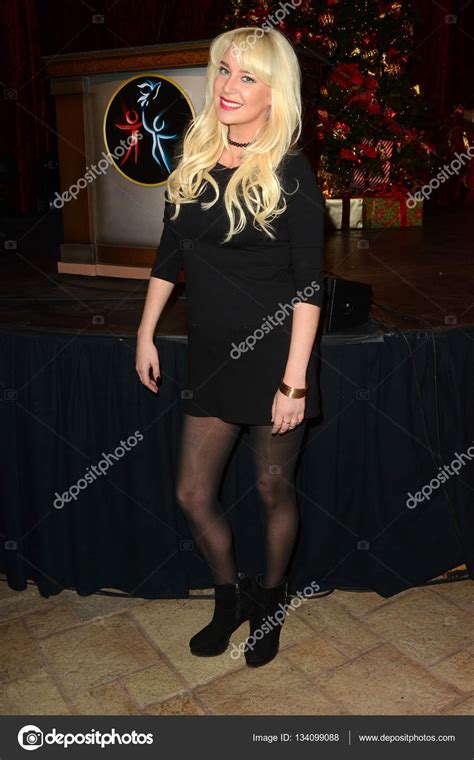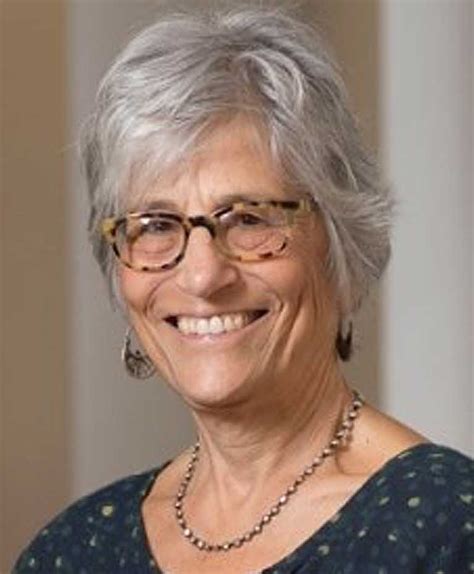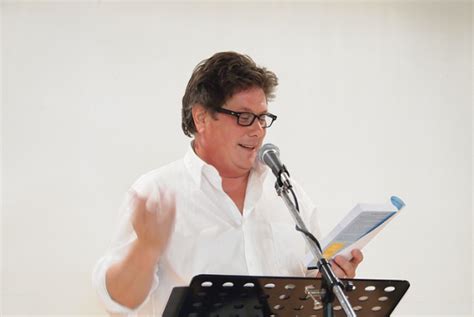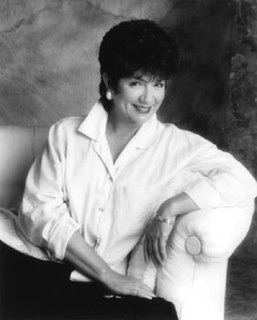A Quote by J. R. R. Tolkien
And that's the way of a real tale. Take any one that you're fond of. You may know, or guess, what kind of a tale it is, happy-ending or sad-ending, but the people in it don't know. And you don't want them to.
Related Quotes
I can't really write anything without knowing the ending. I don't know how people do that. Even with my superhero stuff, I have to know at least where I want to take the characters and what the ending of my story with them will be. I just can't structure stories or character arcs and stuff without knowing the endpoint.
He used to talk to me about Russia all the time and had sworn up and down that I'd love it here. "To you, it'd be like a fairy tale," he'd told me. "Sorry, comrade. Borg and out-of-date music aren't part of any happy ending I've ever imagined." "Borscht, not borg. And I've seen your appetite. If you were hungry enough, you'd eat it." "So starvation's necessary for this fairy tale to work out?
I've been with the project for like three years: creating it, pushing it. [There] becomes a certain doubt when you're pitching this story to people. ["The Land" is] a cautionary tale. It's not the brightest or best ending to a film when you're telling a cautionary tale about four kids, kids who are killing each other, kids who are products of the streets.
The artist usually sets out -- or used to -- to point a moral and adorn a tale. The tale, however, points the other way, as a rule. Two blankly opposing morals, the artist's and the tale's. Never trust the artist. Trust the tale. The proper functions of a critic is to save the tale from the artist who created it.






































